
Restaurant Worker Safety
All in all, PPE kits and protective clothing are important in the food industry for hygiene and safety purposes. It ensures the safety of both staff and the customer. To buy authentic personal protective equipment (PPE) and a powered respirator, shop from Protective Mask Direct. Go ahead and buy only the best for your safety and protection.
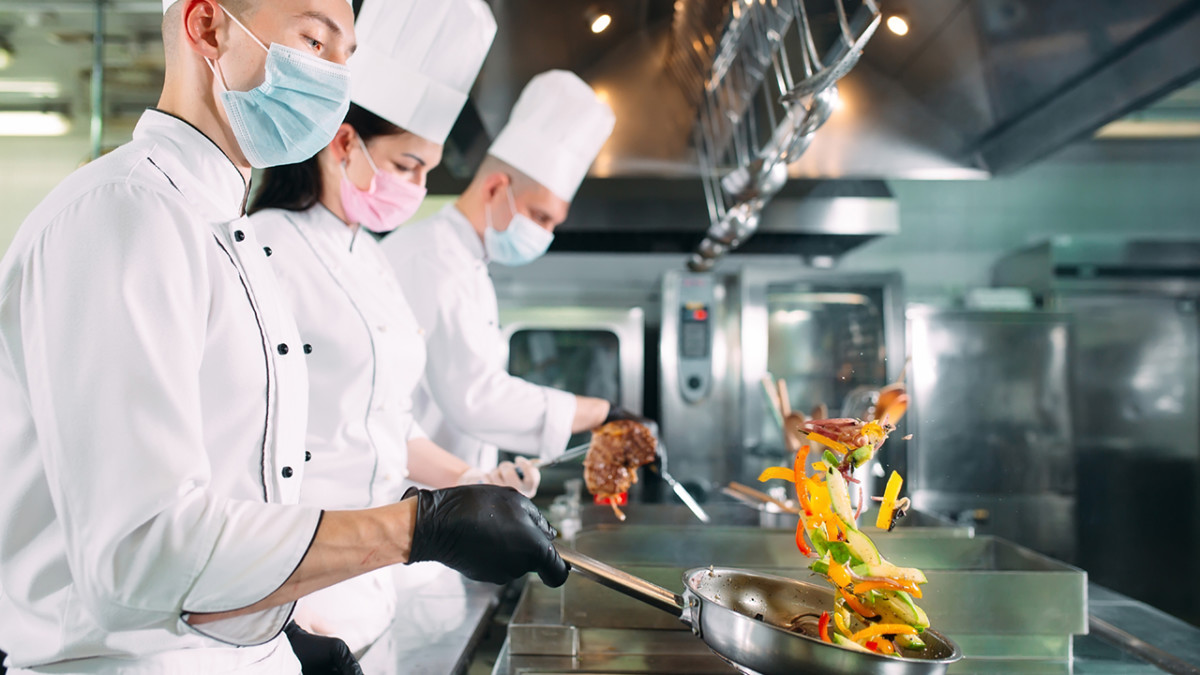
Commercial Kitchen Safety for Professional Cooks and Chefs Burn and Reconstructive Centers of
Updated 15 December 2022 Putting on PPE Taking off PPE Print this page The items of PPE you need will depend on the caring scenario and whether the person you're caring for has suspected or.
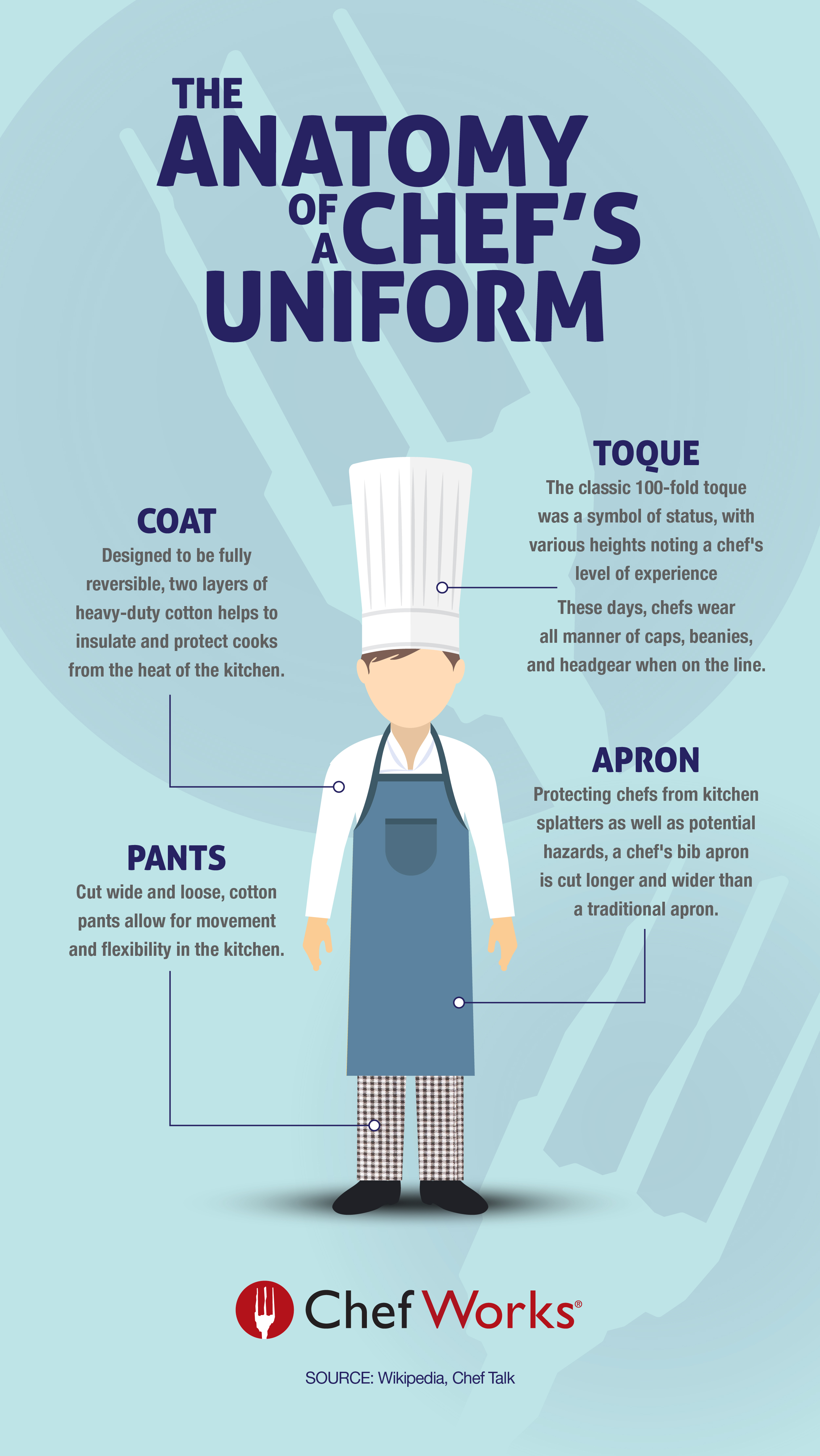
Dress to Impress Anatomy of a Chef's Uniform Chef Works Blog
Physical - involving objects getting into food, e.g. broken glass or pieces of packaging. You are strongly encouraged to put in place a "Food Safety Management System' (FSMS) based on the.
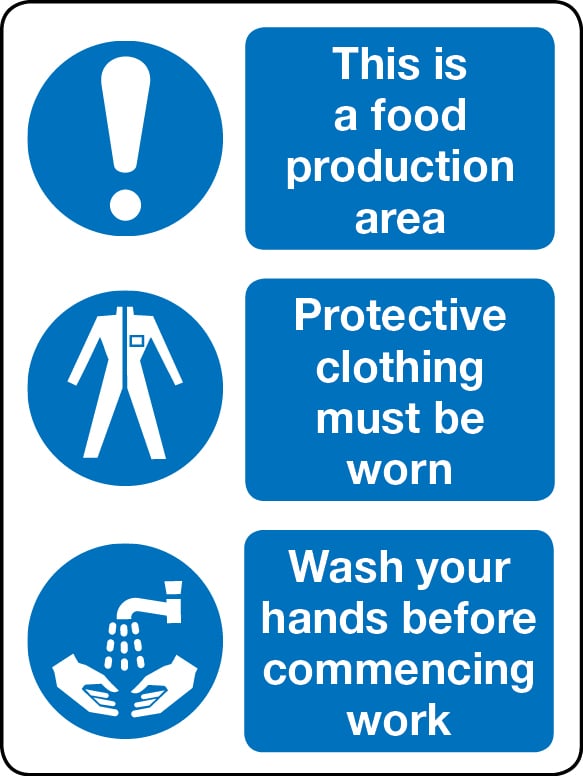
Food production PPE Wash hands combination sign Stocksigns
Kitchen PPE: Personal Protective Clothing for Kitchen Staff | Alliance Online Cleaning Kitchen Cleaning Protective Clothing Kitchen PPE Show Sort 3 Ply Face Masks Stock code: OFM00001 In Stock £52.50 for 50 Add to basket Compare Limited Stock! Sale Non Medical Face Mask 3 Ply Stock code: OEFM0005 In Stock £1.50 for 5 Add to basket Compare
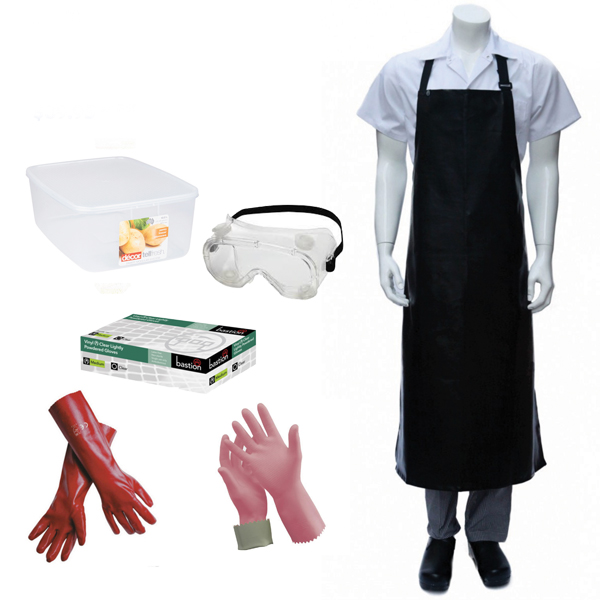
PPE SAFETY KIT » B & B Total Supply
PPE is the personal protective equipment that will protect the user against health or safety risks. This guide includes an explanation of the PPE 2018 regulations, best practice advice for health and safety professionals and useful resources for further reading. On 6 April 2022 the regulations on wearing PPE at work changed.

COVID19 Tips for using and maintaining café and restaurant PPE The Food Safety Company
Published Jan 19, 2023 + Follow Let's talk about PPE. When most people hear the phrase "Personal Protective Equipment", they think hardhats and high vis. Although that's true, PPE extends to.

What is the Importance of PPE for Food Industry Roles?
Overview Managing risk using PPE Selection and use Maintenance Using the right type of PPE Product safety and supply 4. Maintenance PPE must be properly looked after and stored when not in.

Personal Protective Equipment (PPE) Social Distancing
Covering them prevents bacteria spreading to food. Coloured waterproof dressings can be seen more easily if they drop into food. If staf are not 'fit for work', move them out of food handling areas or send them home. Throw away any unwrapped foods they have handled. Train staf again on this safe method.
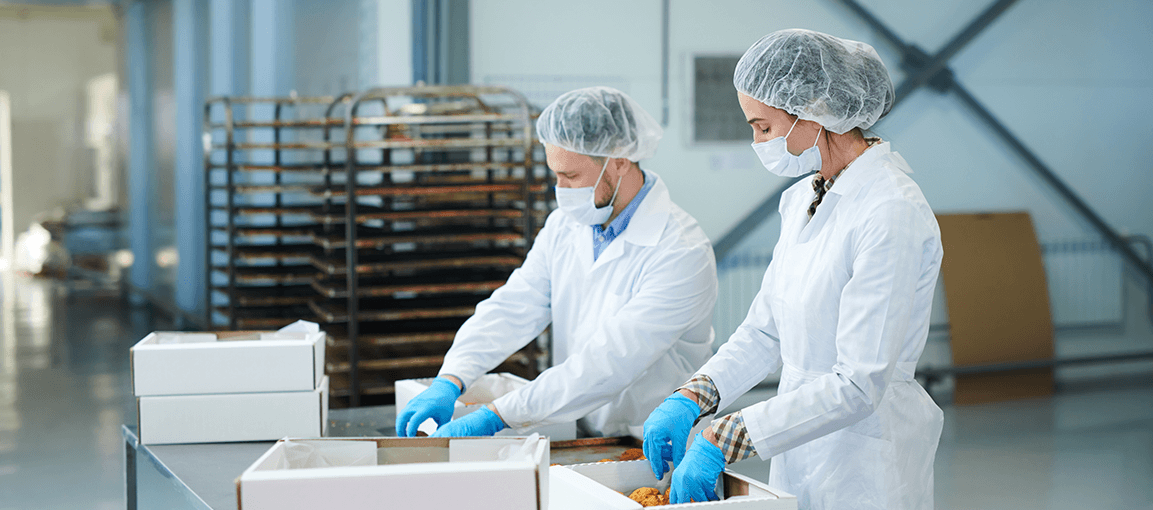
A Brief Guide to PPE Gloves & What Omni International Corp. Has to Offer
Personal protective equipment at work (L25) Risk at work - personal protective equipment (PPE) What this means for employers PPER 1992 places a duty on every employer in Great Britain to.
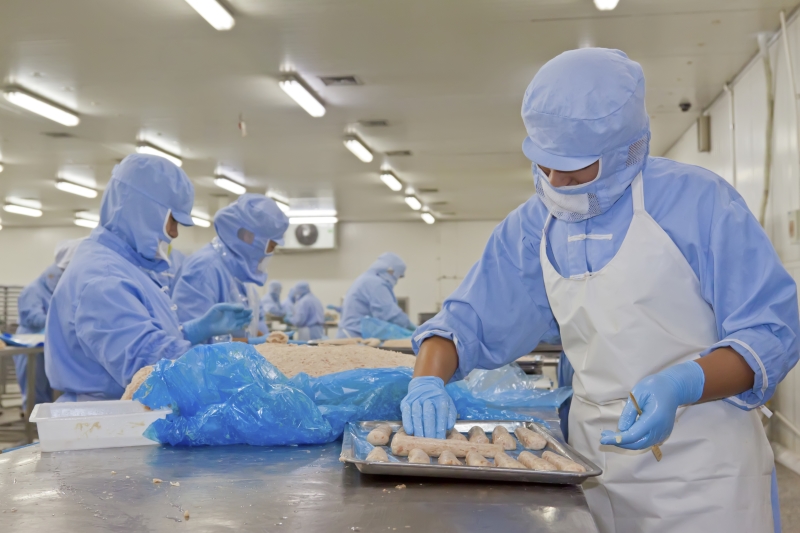
Cornerstone of HACCP International Food Safety and Quality Network
The selection of appropriate PPE and work wear is the employer's responsibility and representatives and workers should be consulted on selection. Respiratory hygiene should be promoted at all times.
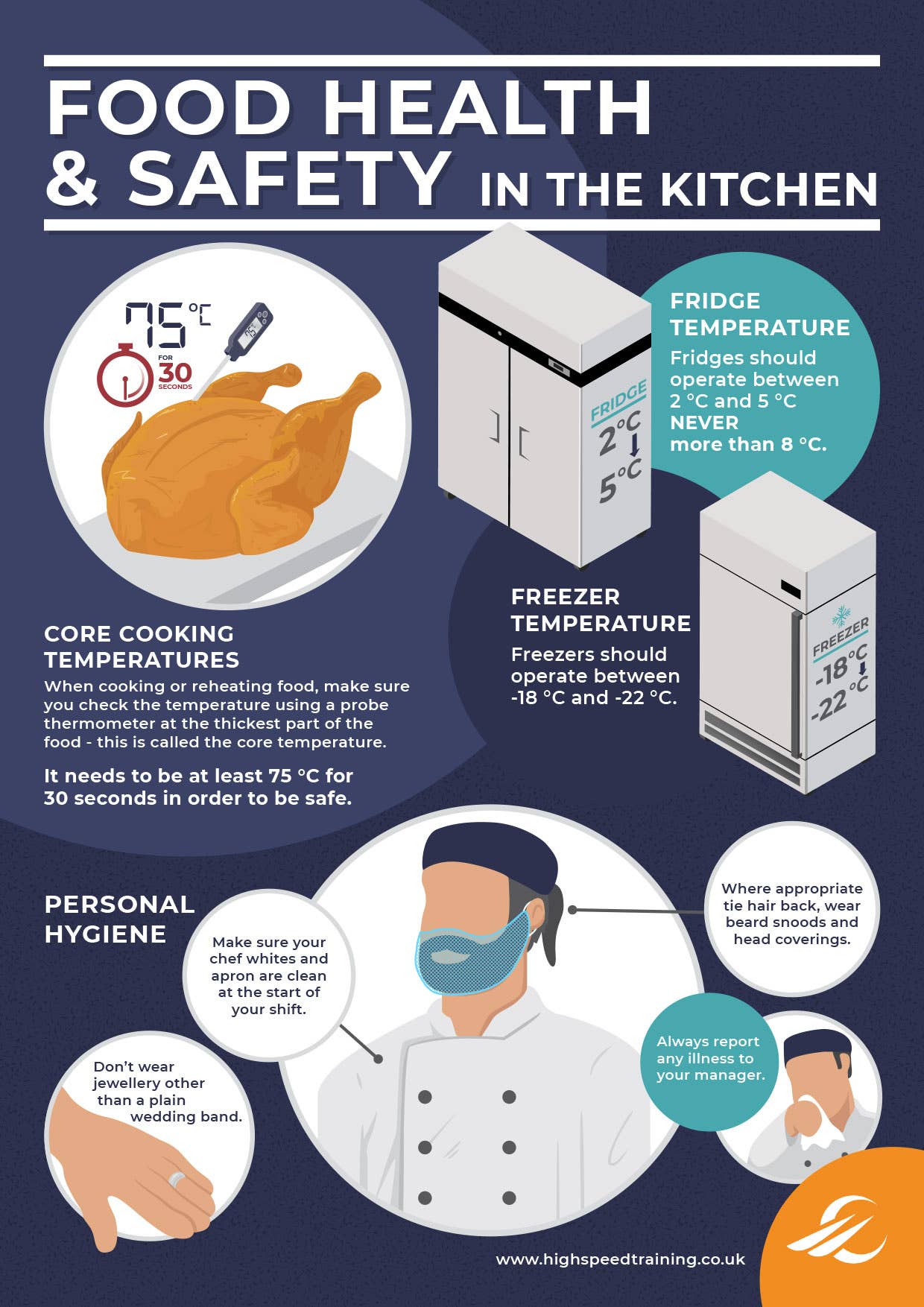
Kitchen Safety Posters Free for Commercial Kitchens
What are the dangers in a kitchen? Food poisoning in the kitchen Manual handling in the kitchen Burns in the kitchen Improper handling of kitchen equipment in the kitchen Improper storage in the kitchen Fire and electrical hazards in the kitchen Recovering from a kitchen hazard How to minimise hazards in the kitchen

How to dispose of contaminated PPE correctly in the workplace
COSHH basics- Personal protective equipment (PPE) Employers are responsible for providing, replacing and paying for personal protective equipment. PPE should be used when all other measures are inadequate to control exposure. It protects only the wearer, while being worn. If it fails, PPE offers no protection at all. Types of PPE. Respirators

What Protective Clothing Should Be Worn When Preparing Food? Alsco Australia
Even for the most experienced of chefs, wearing PPE when working in a kitchen helps to prevent injury by protecting you from burns, cuts and more. Why Wear Protective Clothing in Food Industry Roles? The main reason that food handlers should wear protective clothing is to protect both your customers and yourself while preparing and cooking food.

Kitchen Cleaning
clean protective When preparing or handling food they should: keep hair tied back and wear a suitable head covering, e.g. hat or hair net not wear watches or jewellery (except a wedding band) not.
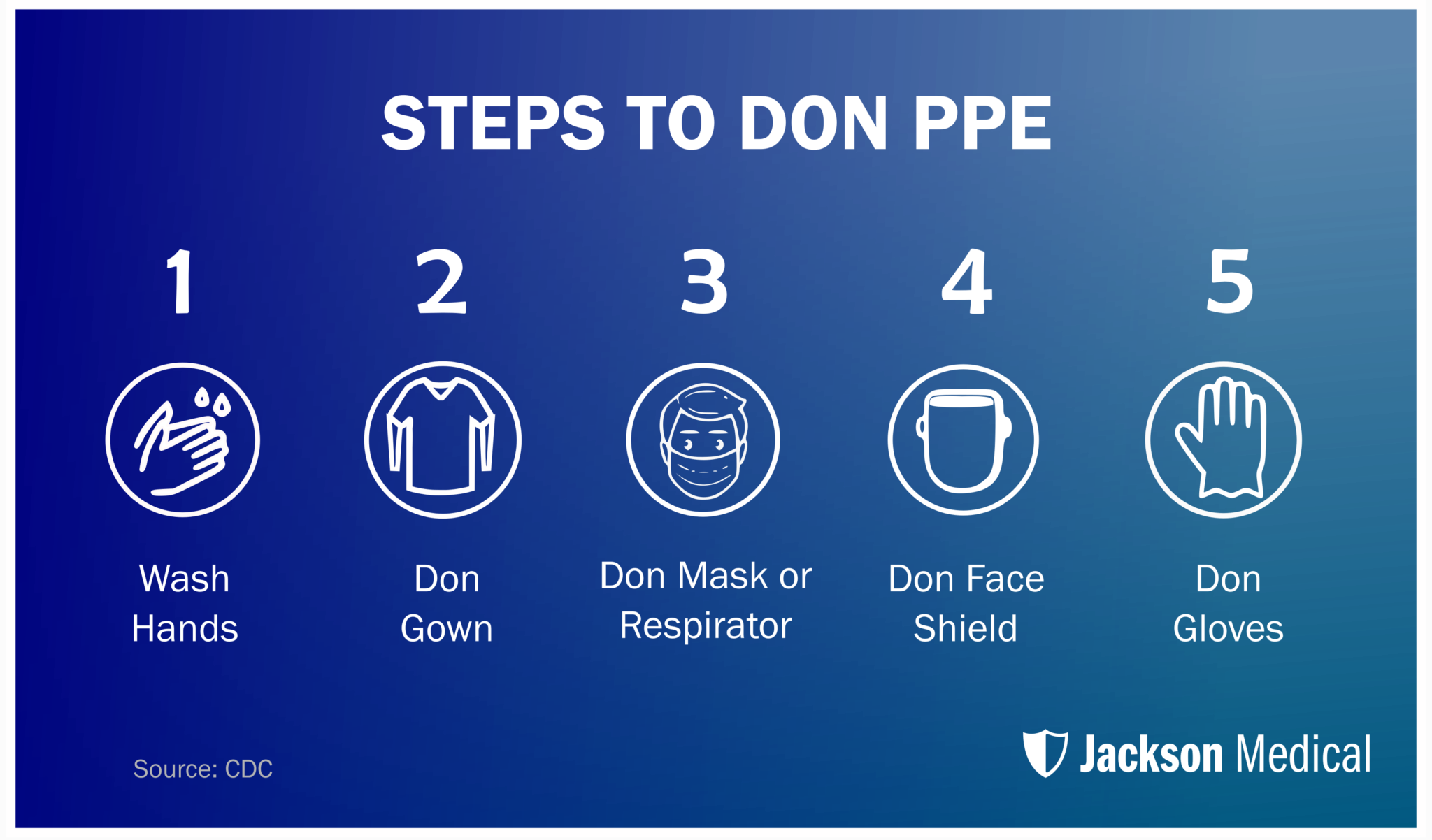
Properly Donning and Doffing PPE A HowTo Guide
Wearing PPE when working in a kitchen helps you to prevent injury by protecting you from burns, cuts and more. Why Wear Protective Clothing When Working With Food? Wearing protective clothing when preparing and cooking food helps to protect both your customers and yourself.
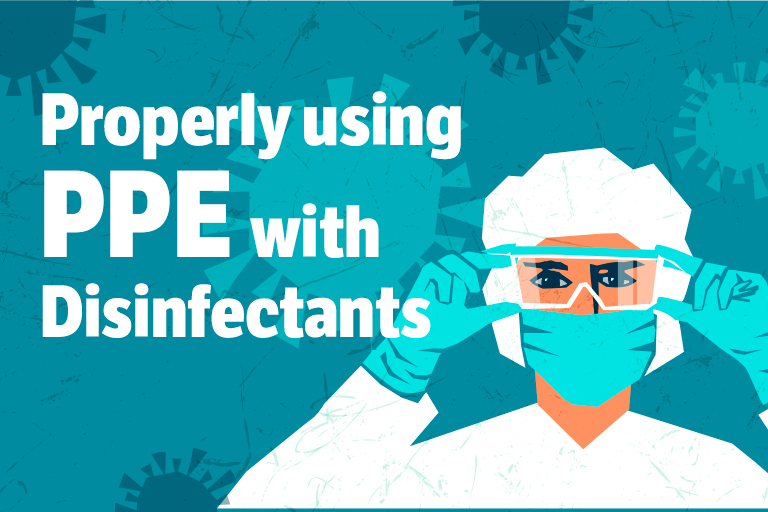
Protecting Your Crew with Proper PPE During Disinfection Midlab, Inc.
Subscribe for free health and safety news and updates on this industry. The hospitality and catering industry covers hotels, restaurants, cafes, fast food outlets, pubs and clubs. Slips, trips, manual handling and dermititis are the main health and safety risks.